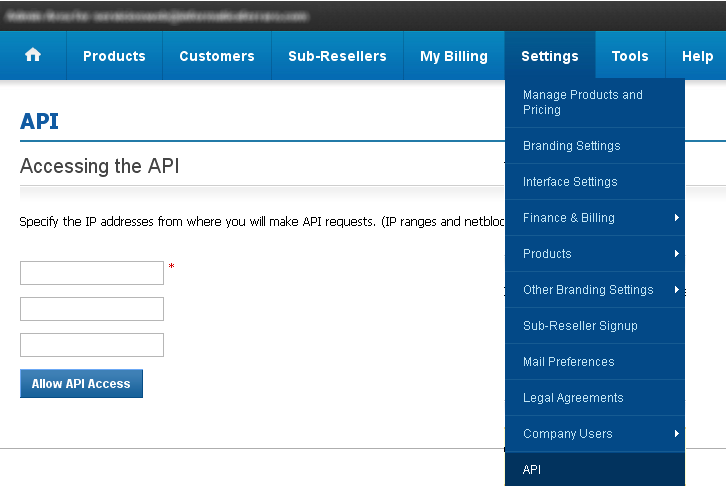
Now you see all the technical properties of your wireless connection. Then, click or tap on the Properties button for your active Wi-Fi connection.Īccess the Properties of your active Wi-Fi connection I’m using a Windows 11 laptop without an Ethernet port, and you might be too. In Windows 11 Settings, go to Network & internet

On the right, select Wi-Fi or Ethernet, depending on the type of network connection you use. In the left sidebar, choose Network & internet. If you’re on a Windows 11 laptop or desktop computer, open the Settings app ( Windows + I).
Where my ip how to#
How to see your IP address in the Settings app from Windows 11 To help you out, we created a separate subchapter for each Windows operating system.
Where my ip windows 10#
However, the steps involved are a bit different depending on whether you’re using Windows 10 or Windows 11. This information is available in the Settings app too. How to see your IP address in the Settings app TIP: Do you need to find the IP address of your router? Read this guide: How do I find my router's IP address? 3. Look for the IPv6Address and IPv4Address fields to get the information you want.įind your IP address with Get-NetIPConfiguration Then, you see details about each network adapter inside your computer, presented in a similar format. My IP, yours, everyone's will be using this protocol.Don’t forget to press Enter to execute it. In other cases, IPv6 actually accomplishes tasks in a superior way to IPv4, so we have to wait for those methods to become more mainstream.

In some cases, computer scientists are working on ways to make the new protocol handle the same things as the old one. In its current form, IPv6 also can't do a lot of what IPv4 can.
Where my ip code#
Also, this is the fundamental code of the most powerful communication tool ever created: they have to be careful that there are no bugs or the results could be catastrophic. Like an enormous ship, it can't turn on a dime, so even though IPv6 was invented in 1994, it will take a long time to implement it. The first is that the Internet is huge and very important. This method allows up to 340 undecillion addresses to be used at once. It uses a 128-bit, alphanumeric scheme to address devices online. IPv6 is a major improvement on IPv4 and more forward looking. But we are rapidly approaching a point where more than 4 billion devices might access the Internet at once, and all of them need an IP. In fact 94% of Internet traffic uses IPv4 to track the location of devices online. When this was created, scientists didn't think we would need more than the approximately 4 billion permutations that that sort of scheme allows, and it's lasted quite some time. It applies to both public and private connections. IPv4 is the first deployed version of the Internet Protocol and uses a 32-bit address scheme that generally looks like this: 192.168.1.1. When the Internet was first conceived, nobody could have guessed how popular it would be, or what an important part of our lives it would become.

Your IP is secure, masked by our IP addresses. With a VPN, you can make your connection more private, hiding your public information behind secure addresses. You might then wonder, “What is my VPN going to do to help?”

Where my ip movie#
Without an IP address, your device couldn't be located online, so it couldn't be sent the data it requested, like the website you want to look at or the movie you're trying to stream. From ICANN, other servers are fed this information to keep everybody up to date on how to access online services. They are a nonprofit organization that keeps track of what every IP address is, where it is located, and what domain names are assigned to them. The IP of every device on the Internet is registered with The Internet Corporation for Assigned Names and Numbers (ICANN). It does this with a series of numbers called an IP address. But, just like in real life, where it would be impossible to find somebody without their address, computers also need to know exactly where to find what you're looking for. The way that the Internet works, every time you try to access a website or service, the first thing your computer does is try to find it. "What is my IP doing for me?" you might be asking yourself.


 0 kommentar(er)
0 kommentar(er)
